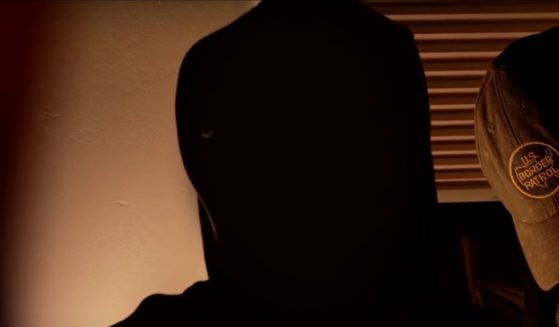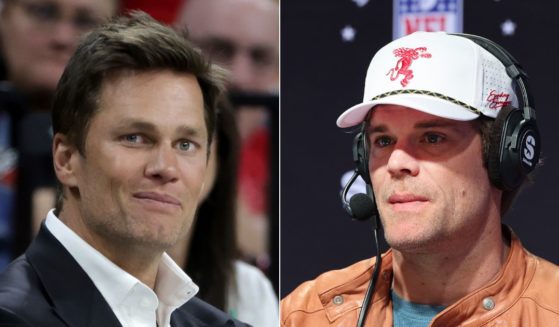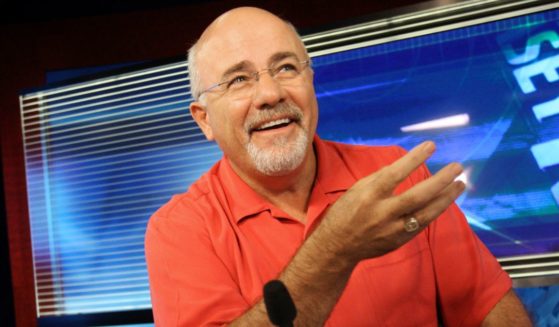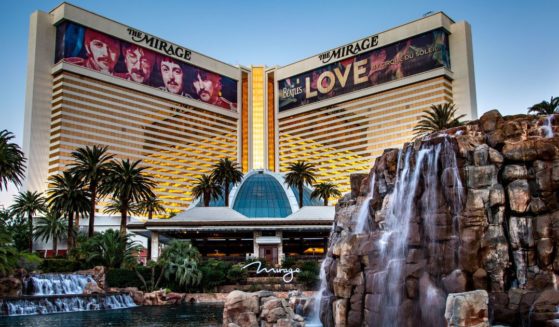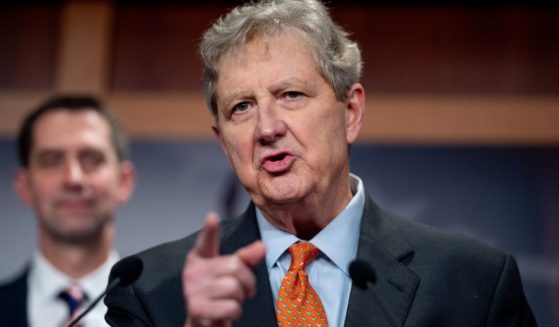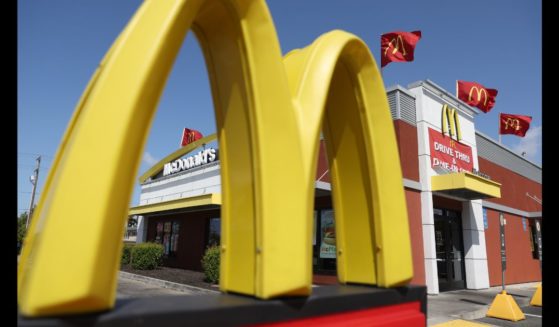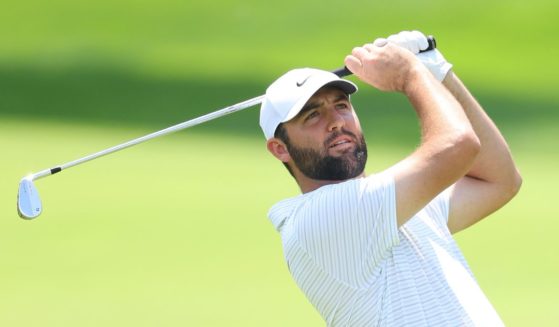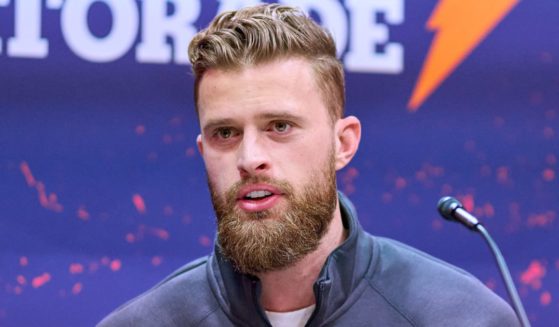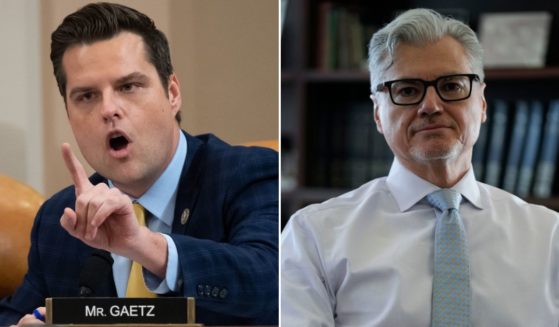Kremlin welcomes oligarch invitations to Davos forum
MOSCOW (AP) — The Kremlin said Monday that three high-profile Russian tycoons who are facing U.S. sanctions have been cleared to return to the World Economic Forum in Davos, following reports that they had been disinvited.
WEF organizers had reportedly shunned billionaires Oleg Deripaska and Viktor Vekselberg, and Andrei Kostin, the head of state-controlled bank VTB, from attending the rarefied January event at the Swiss ski resort.
Kremlin spokesman Dmitry Peskov said WEF organizers had listened to Russia’s arguments against “a selective approach to Russian business.”
Russia had threatened to boycott the gathering if the longtime Davos attendees were not allowed to attend. WEF officials never confirmed whether the three had been disinvited.
On Sunday, WEF head of compliance Alois Zwinggi said Davos forum organizers would host delegations from all Group of 20 countries, including a “high level governmental delegation” from Russia.
“Should the delegation include individuals under sanction, all necessary measures have been undertaken to ensure that their presence would be fully compliant with current legal conditions,” Zwinggi added in a statement.
It made no reference to Deripaska, Kostin or Vekselberg.
The apparent arrangement would allow the oligarchs to attend in an official delegation. U.S. sanctions could affect anyone who does business with the three men, potentially jeopardizing WEF staffers or other participants.
The Financial Times in October reported that the three men were told they were not welcome at the Davos gathering next year. All three have led companies that are high-paying members of the WEF.
A respected Russian online publication, The Bell, reported Monday that WEF organizers came forward with several pre-conditions for the sanctioned visitors. They are reportedly not allowed to take part in panels organized by U.S. citizens and U.S. authorities or to engage in business transactions with U.S. nationals, even if that’s simply about travel arrangements.
Asked about the report, Kremlin spokesman Peskov said he understood the WEF’s jitters about U.S. sanctions but expressed confidence the businessmen would have no problem finding useful non-American contacts at the event.
WEF says it has always respected the U.S. sanctions against the Russians and made it clear that anyone who attends the Davos event would have to comply with them.
“Since the introduction of the U.S. sanctions in April, the forum’s position — as an organization that has offices in the U.S. and that has U.S. employees — has always been one of complete and strict compliance with all the U.S. sanctions,” said Georg Schmitt, WEF head of corporate affairs.
The issue strikes at painstaking efforts and high-powered legal and public relations resources that Moscow has mobilized against U.S. sanctions that have dented Russia’s economic prospects.
WEF has long had a policy of inviting leaders of the Group of 20 nations and considers itself as an “impartial platform” beyond y political fray.
Based in the small Swiss city of Cologny, with bucolic views over Lake Geneva, WEF has been expanding in recent years — notably with a new office in San Francisco.
The annual Davos event courts high-profile businesspeople and political figures, plus thinkers, artists, musicians, innovators and other elites. Beyond the grounds of WEF’s security zone, visitors can do what they want.
___
Keaten reported from Geneva.
The Western Journal has not reviewed this Associated Press story prior to publication. Therefore, it may contain editorial bias or may in some other way not meet our normal editorial standards. It is provided to our readers as a service from The Western Journal.
Truth and Accuracy
We are committed to truth and accuracy in all of our journalism. Read our editorial standards.

